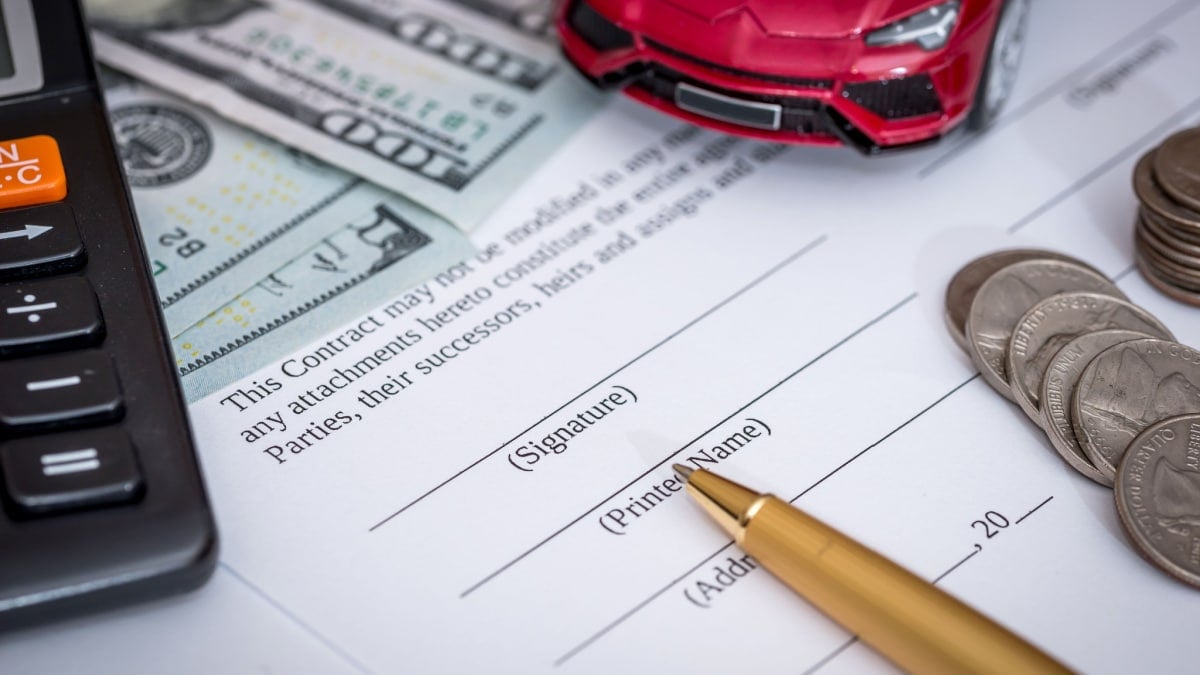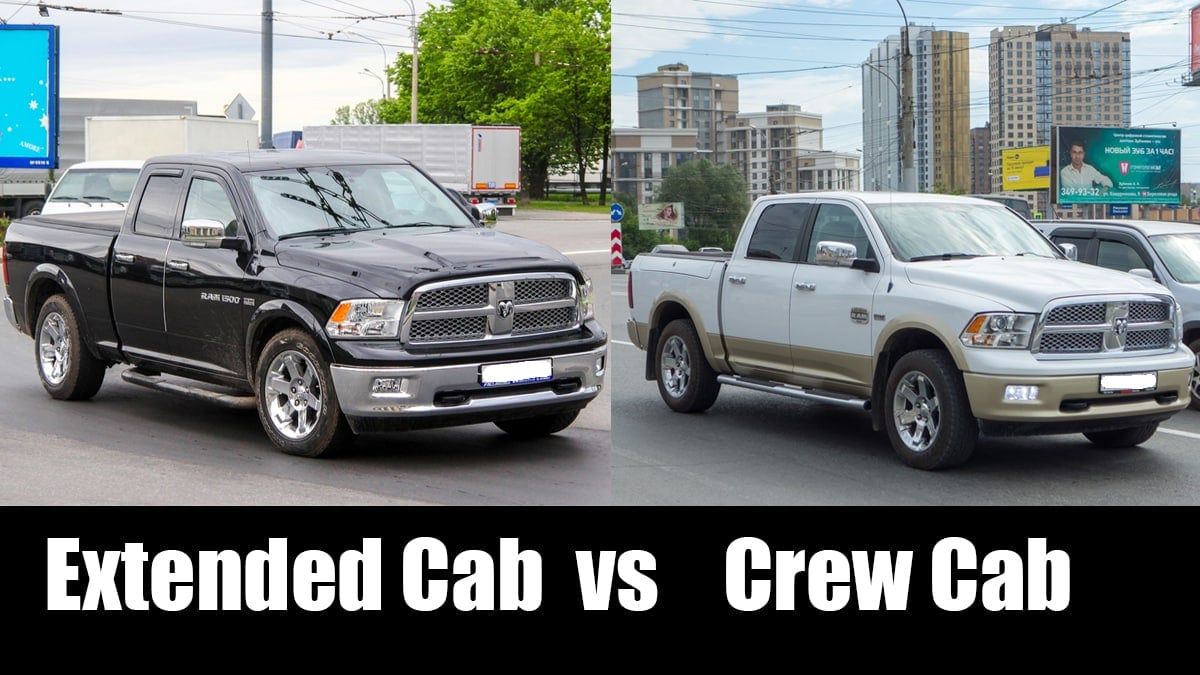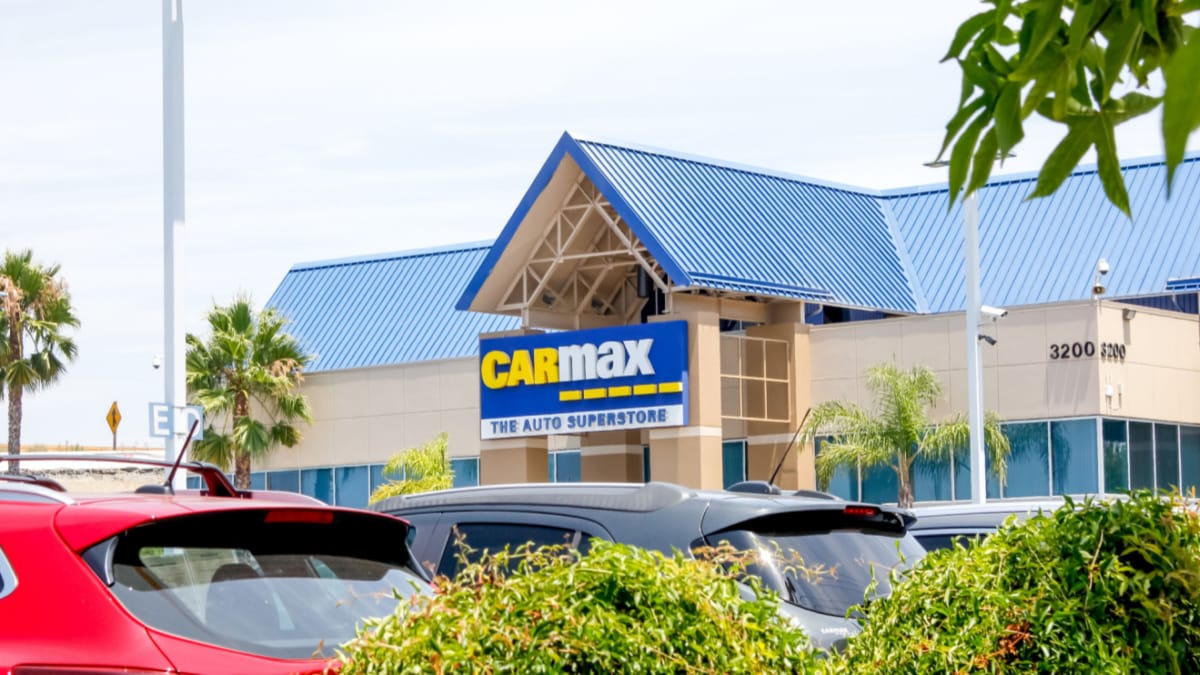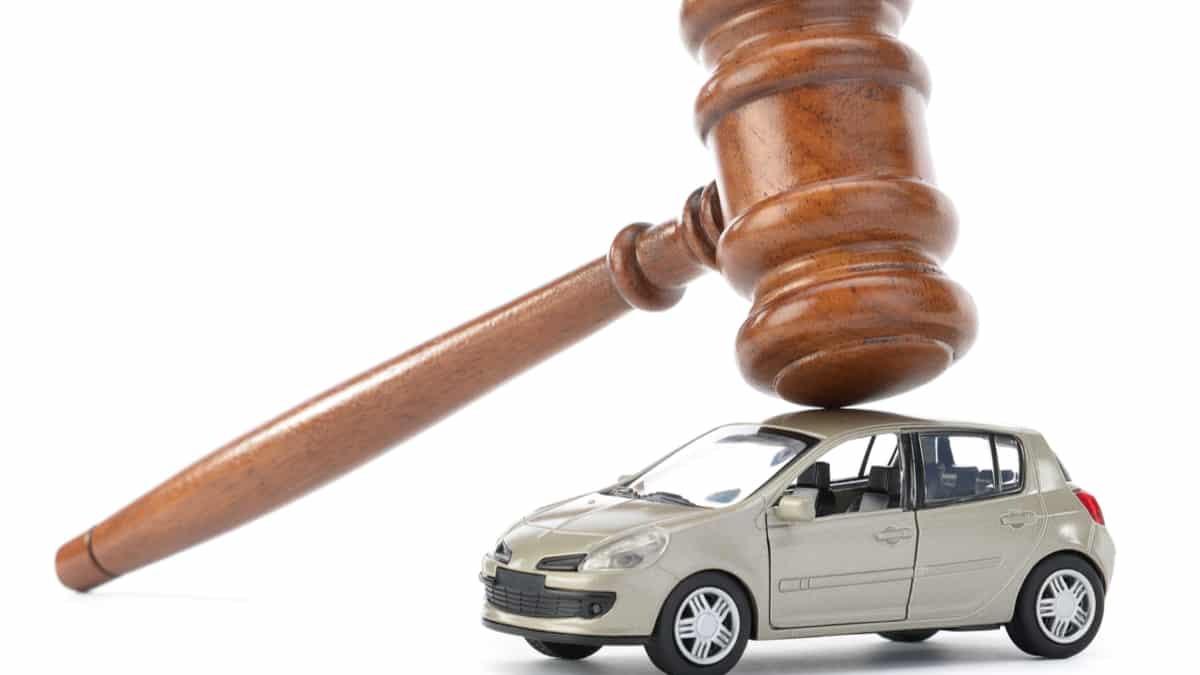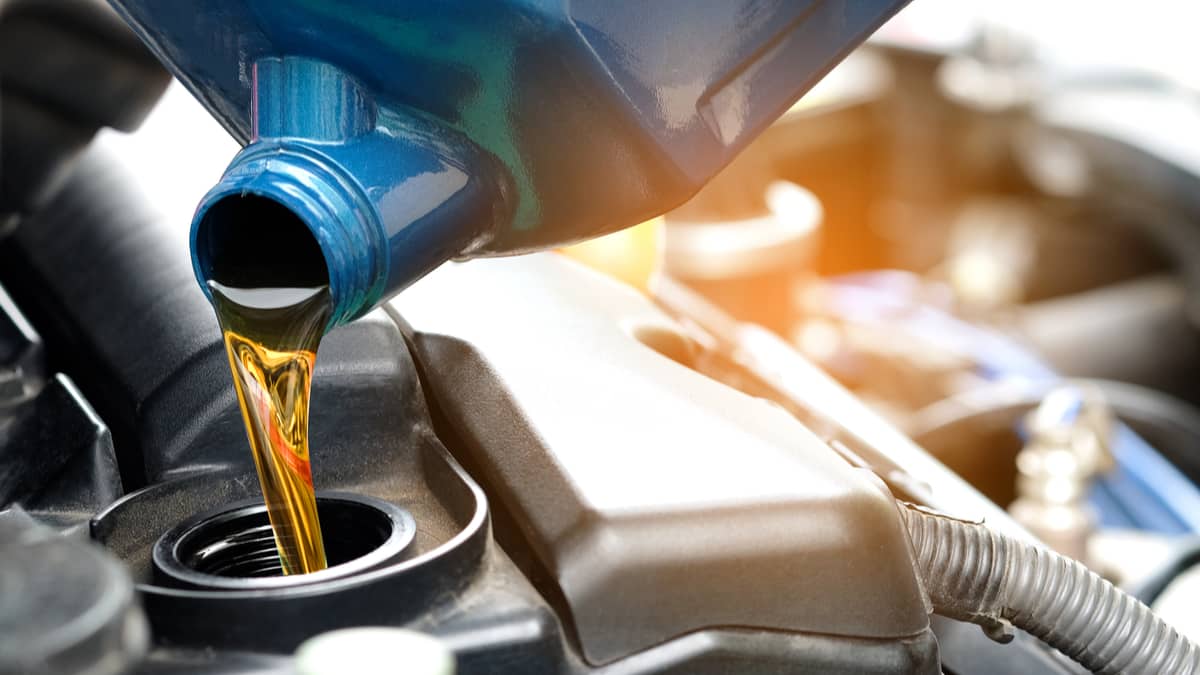An extended car warranty helps to cover you when costly auto repairs are needed, but you might be paying too much for your policy. Did you know that you can negotiate the terms? We show you how to negotiate the best price for an extended warranty so you get the best deal.
This guide covers the basics of an extended car warranty and gives tips to lower the premium. We also analyze whether the extended car warranty is worth the price and answer some questions we hear often.
What Is an Extended Car Warranty?
An extended warranty covers some or all of the cost of repairs that are included in the policy. It takes effect after the factory warranty expires.
Depending on the company you choose, the extended warranty may also include towing, roadside assistance, fuel delivery, key replacement and more. You can choose the terms and conditions for your warranty plan, whether you need full bumper-to-bumper protection or just powertrain coverage.
Can You Negotiate an Extended Warranty?
If you purchase an extended warranty through a car dealership, there should be room for negotiation. However, you won’t always get your best price on an extended warranty at the dealership, mainly because the markup is so high.
That’s why it’s often best to shop for extended warranty protection on your own. When you do this, you can get the best rate available.
How to Negotiate the Best Price for an Extended Warranty?
If you want a low rate on your extended warranty, get multiple quotes from different providers. Do your research, look for hidden fees and get the cost itemized. Also, pay upfront, time the warranty just right, don’t sign up right away and avoid giving in to any pressure from the salespeople.
Let’s evaluate these so you can get the best rate.
1. Get Multiple Quotes

Before you make any big purchase, you should get multiple quotes. It’s best to get three quotes from three different providers. One of these could be the dealership, but their plan will unlikely compete with third-party companies because the markup is so high.
In addition to choosing different companies, you want to think about the needed plan. The only way to compare the quotes is to ensure they are for the same coverage. Make sure the term lengths and conditions are the same between the quotes, so you can compare apples-to-apples.
2. Do Your Research In Advance
Before shelling out a lot of money for warranty protection, you want to know the company you are working with. We recommend reading online reviews about the provider from other customers to get a feel for satisfaction. It’s also wise to research the company with the Better Business Bureau (BBB) since that’s where major complaints get dealt with.
While performing your research, pick out the type of plan you want. Are you looking for bumper-to-bumper protection that operates like a factory warranty, or do you solely need powertrain coverage? These are aspects you must know ahead of time.
3. Look For Hidden Fees
As you look at the prices between your quotes, the total may not be all that it looks like. You need to evaluate if there are any hidden fees to be tacked on at the end.
You also want to look at the deductible you need to pay. A car warranty deductible operates the same as an auto insurance deductible. It’s the amount of money you need to pay out of pocket for a covered repair. You can keep the warranty price lower by choosing a higher deductible, but you must be able to come up with this money when a repair is needed.
4. Get Itemized Cost
Would you have an auto repair performed without asking for a breakdown of the costs? You should always know what you are paying for and where the money is going, just as you want to know how much it is for parts and labor during a repair. The same is true with a car warranty.
Ask the provider to break down the expense, so you can see how much is being paid toward each portion. You should see a clear cost for the coverage and another for each of the added fees.
5. Try to Pay Up Front

Some warranty companies allow you to pay the premium in payments. This is helpful if you are strapped for cash and can’t get a lump sum together. However, it also means you could be paying interest on the plan.
Instead of giving the warranty company more money, save up for the plan and pay it all at once. If you know when your factory warranty is ending, you can start saving ahead of time, so there’s no lapse in coverage.
6. Don’t Get the Extended Warranty Right Away
Some people think it’s best to purchase the extended warranty when buying the car, but this might not be necessary. After all, the factory warranty covers you for a few years.
Instead, consider waiting to buy the extended warranty so you have time to shop around. Prior to the end of the factory warranty, you can get all of your ducks in a row to ensure you’ve secured the best deal from a reputable company.
7. Time Your Purchase
There are certain times of the year when you may be able to get a good buy through the dealership. At the end of a quarter or sales year, the dealership may need to meet particular quotas. To do so, there will be incentives on purchases, such as warranties.
You should also think about getting a trial period with your warranty. This is normally offered through most third-party companies. While you will still need to pay for the premium upfront, you can get your money back if you aren’t happy. Just read the restrictions that the company has so you know what you are getting into.
8. Don’t Give In to Pressure

Finance managers are trained to be pushy and get the sales. When you sit down to look at extended warranty coverage, you are going to feel pressured, but you don’t need to let this dictate your decisions.
Take your time and walk away from the negotiations if needed. You can tell them you need to consider it as you research other options. Never make a decision strictly because you feel pressured. That’s when you end up spending more than you need to.
9. Ask the Right Questions
Before you sign any paperwork, make sure you have answers to some valuable questions. Some of these are to ask yourself, while others are for the provider.
Ask Yourself
- Do I need this extended warranty?
- What must I have covered for this to be valuable to me?
- Could I afford out-of-pocket car repairs if I had to pay for them?
Ask the Provider
- What’s covered by the policy?
- Is the warranty transferable if I sell the car?
- Do I receive any other benefits, such as roadside assistance or fuel delivery?
- Can I extend the coverage at any time?
When you ask the right questions, more is revealed. From these answers, you may learn more about the company you want to work with or see other ways to save money.
Is an Extended Warranty Worth the Cost?
It depends on your needs. If you could have trouble paying for unexpected repairs, it might be wise to have extended warranty protection to cover you. However, you still need to think about the deductible and what that will cost.
On the other side, there are a lot of people that don’t need warranty protection. For example, if you plan to sell the car before the factory warranty expires, there’s no reason to get one with a longer term. You should also consider how dependable your car is. You can research this through J.D. Power to see the average rankings. If you drive a dependable car and you take good care of it, the warranty may never be used, which could mean a lot of wasted money.
It may make more sense to put the money you would have spent on a warranty into a savings account. You can add to it whenever there’s leftover money from your paycheck. When an expected repair arises, you’ll have the money handy. If it never gets used, you have a nice down payment for your next vehicle.
What is a fair price for an extended warranty?
Extended warranty coverage usually costs between $1,000 and $5,000, although the price varies. The cost depends on what type of car you drive, how many miles are on it, what company you choose and the plan you need for coverage. Get some quotes to see what you can expect.
How much is the markup on an extended car warranty?
It depends on the time of year and whether the dealership has incentives going. However, there are times when the dealership can make half of the amount in profit. For example, a $2,000 car warranty through a dealership could bring in $1,000 towards the company’s bottom line.
How can I get the most out of my car extended warranty?
Many auto warranties go unused, leaving the provider to pocket all of the money. Take time to know what’s covered by your warranty and make any claims you can. Using the coverage you’ve already paid for ensures your vehicle remains in good condition for a higher resale value.
What is the downside to purchasing an extended warranty?
If you choose a provider with bad reviews, you could end up with unpaid claims. In that case, you would be paying twice – once for the warranty and another time for the repairs. You may also find that you never need the warranty protection, which means you put out the money for no reason.
How to calculate extended warranty cost?
The only way to figure out what you might spend is to get quotes. Many third-party warranty companies make it easy to get a free online quote. You can choose the terms and the coverage to see what the cost might be. Take this quote and compare it with other reputable providers before you make a decision.
As professional mechanics, we’ve seen what happens when someone needs a car repair and can’t pay for it. This is a terrible situation to be in, which is why the extended car warranty can be so helpful.
Yet, you never want to spend more than necessary to get this coverage. If you are willing to put a little time into the shopping process, you can score the best deal and get decent protection. It shouldn’t take long and you may end up with a little extra money in your pocket at the end, along with the peace of mind that car repairs won’t hurt your nest egg.


